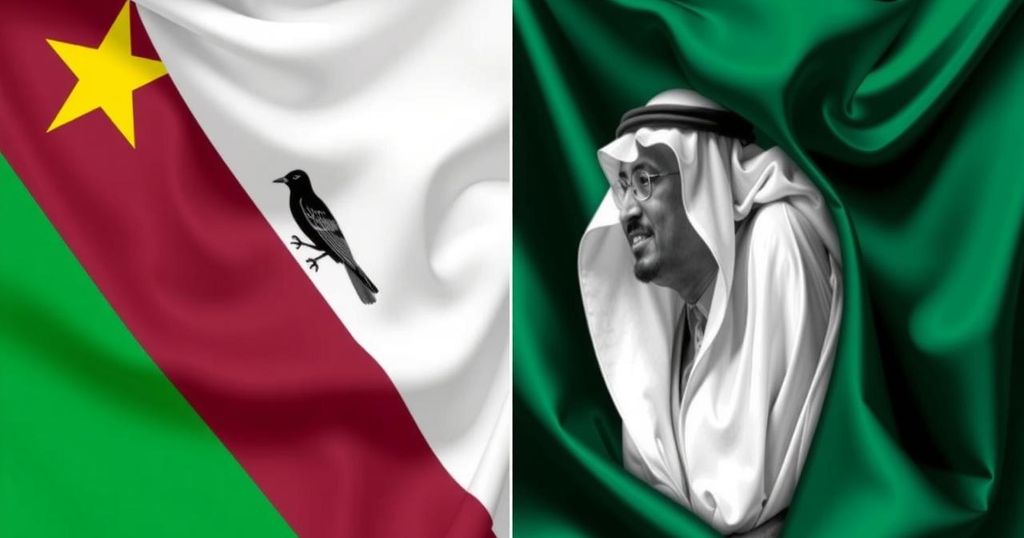Zambia and Saudi Arabia have signed a debt restructuring agreement to reschedule over $130 million of Zambia’s debt. Additionally, a $35 million loan was approved for constructing a hospital in Zambia. These moves follow Zambia’s prior deal with France aimed at restructuring its debt and receiving aid for emergency food programs, reflecting a broader trend in addressing Zambia’s fiscal sustainability.
On a pivotal Thursday in Lusaka, Zambia and Saudi Arabia formalized a debt restructuring agreement aimed at rescheduling over $130 million of Zambia’s debt to Saudi Arabia, as reported by DNE Africa. This significant agreement was signed by Situmbeko Musokotwane, Zambia’s Minister of Finance and National Planning, and Sultan bin Abdulrahman Al-Marshad, Chief Executive Officer of the Saudi Fund for Development. Minister Musokotwane characterized the agreement as a testament to both nations’ commitment to addressing Zambia’s fiscal challenges, promoting sustainable economic growth, and ensuring fiscal sustainability. His sentiments were echoed by Al-Marshad, who emphasized the importance of the ongoing developmental partnership between the two countries.
Furthermore, the two countries signed an additional agreement approving a loan of $35 million dedicated to the construction of the King Salman Specialised Hospital in Zambia. This loan agreement follows Zambia’s similar debt restructuring secured with France on December 8, which aligns with the objectives of the program supported by the International Monetary Fund. France’s cooperation extends to providing Zambia with €16 million in budgetary aid over the years 2023-2024, intended to finance emergency food programs in light of droughts attributed to the El Niño phenomenon.
Zambia’s history with public debt includes a significant write-off through the Heavily Indebted Poor Countries initiative in 2005, as cited by DNE Africa in reference to the Center for Global Development (CGD). Although this initiative facilitated significant investments from Chinese state-owned banks to promote economic diversification, it inadvertently increased Zambia’s debt levels, culminating in a sovereign default in December 2020. The CGD has noted that protracted negotiations surrounding Zambia’s 2020-2024 sovereign debt restructuring under the G20 Common Framework served to stagnate the economy for over three and a half years. Such experiences have underscored systemic weaknesses within the Common Framework, drawing attention from the development community regarding future reforms needed to support low-income nations experiencing debt distress.
The formalization of the debt restructuring agreement between Zambia and Saudi Arabia marks a critical step in addressing Zambia’s fiscal instability, which has arisen from high debt levels resulting from extensive borrowing, particularly from foreign investors in the late 2000s. As the southern African nation seeks to stabilize its economy after a sovereign default in December 2020, restructuring deals, such as this one with Saudi Arabia and previously with France, are paramount to restoring fiscal health and promoting sustainable economic growth, particularly in the wake of challenges presented by the COVID-19 pandemic and climate-related droughts.
In summary, the debt restructuring agreement between Zambia and Saudi Arabia represents a crucial milestone in Zambia’s ongoing efforts to stabilize its fiscal position and promote economic growth. With the approval of the additional $35 million loan for healthcare infrastructure, further collaboration between the two nations appears promising. Additionally, lessons learned from Zambia’s past debt negotiations highlight the importance of reforming international frameworks designed to assist low-income countries facing similar debt challenges.
Original Source: www.dailynewsegypt.com






